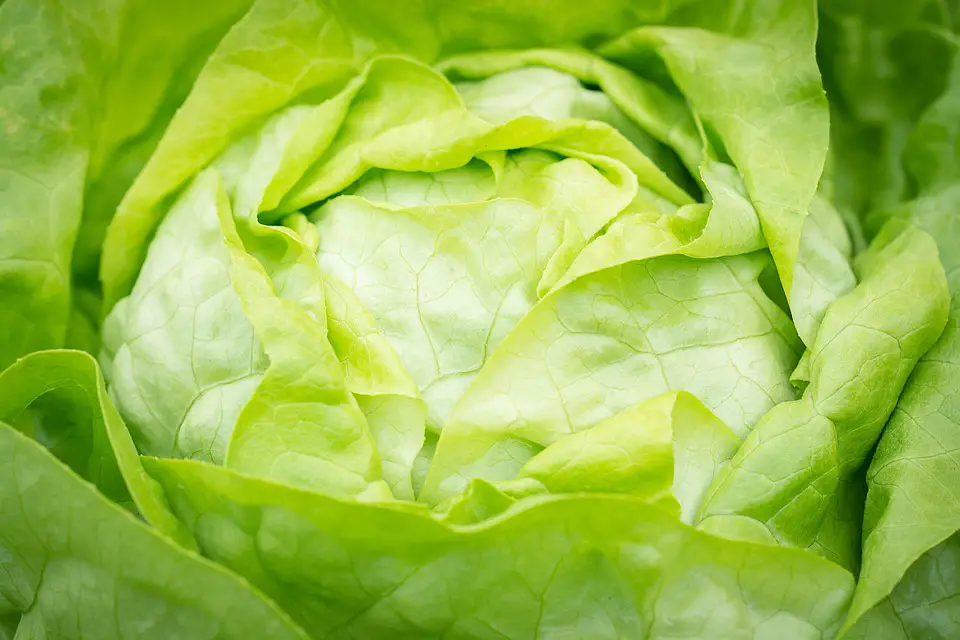Introduction
Growing your own vegetables is not only a way to save money but also a sustainable practice that helps save the planet. Many people are embracing the idea of backyard gardening and reaping the benefits. This article explores the various advantages of growing your own vegetables, from reducing your grocery bill to minimizing your carbon footprint.
1. Health Benefits
One of the primary advantages of growing your own vegetables is the potential for improved health. By cultivating your own produce, you have complete control over what goes into your food. You can avoid harmful pesticides, herbicides, and other chemical additives commonly found in store-bought produce. Additionally, you can harvest your vegetables at their peak ripeness, ensuring maximum nutritional value.
Furthermore, engaging in gardening activities provides physical exercise, promotes mental well-being, and reduces stress levels. The combination of fresh air, sunshine, and physical exertion has proven to be beneficial for both body and mind.
2. Cost Savings
Another significant advantage of growing your own vegetables is the potential to save money. The initial investment in gardening supplies and seeds may seem daunting, but it quickly pays off in the long run. By eliminating the need to purchase vegetables from the grocery store, you can substantially reduce your overall food expenses.
Moreover, the cost of fresh produce in supermarkets tends to fluctuate, especially during certain seasons or when there are shortages. By growing your own vegetables, you become less reliant on these external factors, resulting in a consistent and more affordable food supply.
3. Environmental Benefits
Growing your own vegetables supports environmental sustainability. Buying vegetables from grocery stores often involves transportation over long distances, contributing to greenhouse gas emissions. By cultivating your own produce, you are reducing the carbon footprint associated with transportation and decreasing the demand for mass-produced agricultural goods.
Additionally, home gardens encourage biodiversity and provide a habitat for local wildlife. They can help maintain a healthy ecosystem by supporting pollinators such as bees and butterflies. Furthermore, growing your vegetables without the use of harmful chemicals contributes to soil health and minimizes water pollution from runoff.
4. Taste and Variety
Homegrown vegetables are often lauded for their superior taste compared to their store-bought counterparts. This is due to the freshness and care they receive when cultivated in your own garden. You have the freedom to choose from a wide variety of vegetables and select unique heirloom plants that may not be readily available in stores.
Furthermore, growing your vegetables allows you to control the harvest time. Picking vegetables when they are fully ripe enhances their flavor, resulting in a more enjoyable culinary experience. The satisfaction and joy of eating produce you have nurtured from seed to plate cannot be overstated.
FAQs Section
Q1: How much space do I need for a vegetable garden?
The amount of space required for a vegetable garden depends on the types and quantities of vegetables you plan to grow. If you have limited space, consider container gardening or vertical gardening techniques. You can achieve a productive garden even with a small balcony or a few pots on a sunny windowsill. Research the space requirements of your preferred vegetables to ensure optimal growth.
Q2: Is it time-consuming to maintain a vegetable garden?
While maintaining a vegetable garden requires regular care, including watering, weeding, and occasional pest control, it can be a rewarding and relaxing activity. Start small and gradually expand your garden as you gain experience and confidence. Proper planning and efficient gardening practices can help you manage your time effectively and make the most of your garden.
Q3: Can I grow vegetables year-round?
The ability to grow vegetables year-round depends on your climate and the specific vegetables you choose to plant. Some vegetables thrive in cooler seasons, while others require warmer temperatures. Consider your region’s frost dates and choose suitable varieties accordingly. Additionally, using techniques such as greenhouse gardening or cold frames can extend your growing season and allow you to harvest fresh produce for longer periods.





